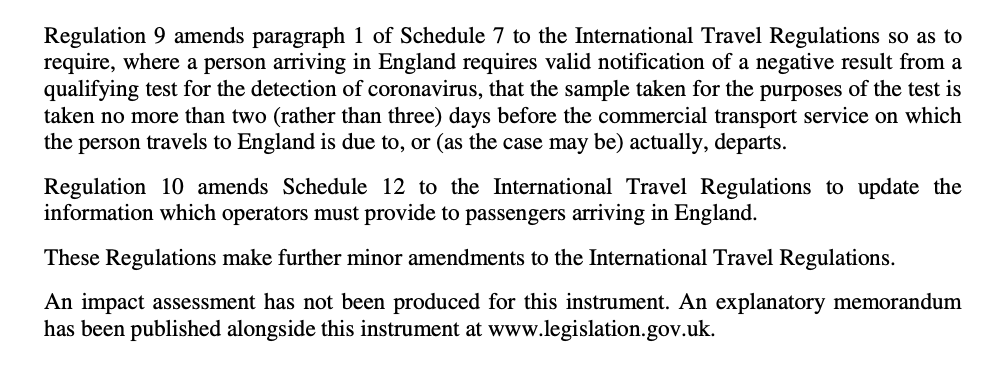
I agree with this analysis
https://twitter.com/Barristerblog/status/1467938069382930432
I initially thought I disagreed, because of the "permitted organised gatherings" requiring a risk assessment, but then Matthew pointed out (and I remembered from the time) that weirdly indoor gatherings didn't require one
https://twitter.com/AdamWagner1/status/1339608662478909440?s=20
But, as Matthew points out, if the gathering was a "permitted organised gathering", the individuals who were invited would not be allowed to mingle outside their households. If they did, they would be breaking the law. So in a way that makes the potential law breaches of...
... the participants at a Christmas party more obvious. It is still possible the "reasonably necessary for work" exception applied but I really doubt it, as Matthew does.
The reality, as I am sure the police will ultimately say, is that the law was too vague to enforce in these circumstances. But I'm not convinced the police would have taken that approach if they had happened on a party like this outside of No.10 at the time.
You can see elsewhere in my replies that Matthew and I do disagree a bit on if individuals attending a permitting organised gathering could mingle with each other. I am v doubtful they could, as they wouldn’t any longer be “participating alone“ which is a legal requirement
• • •
Missing some Tweet in this thread? You can try to
force a refresh









